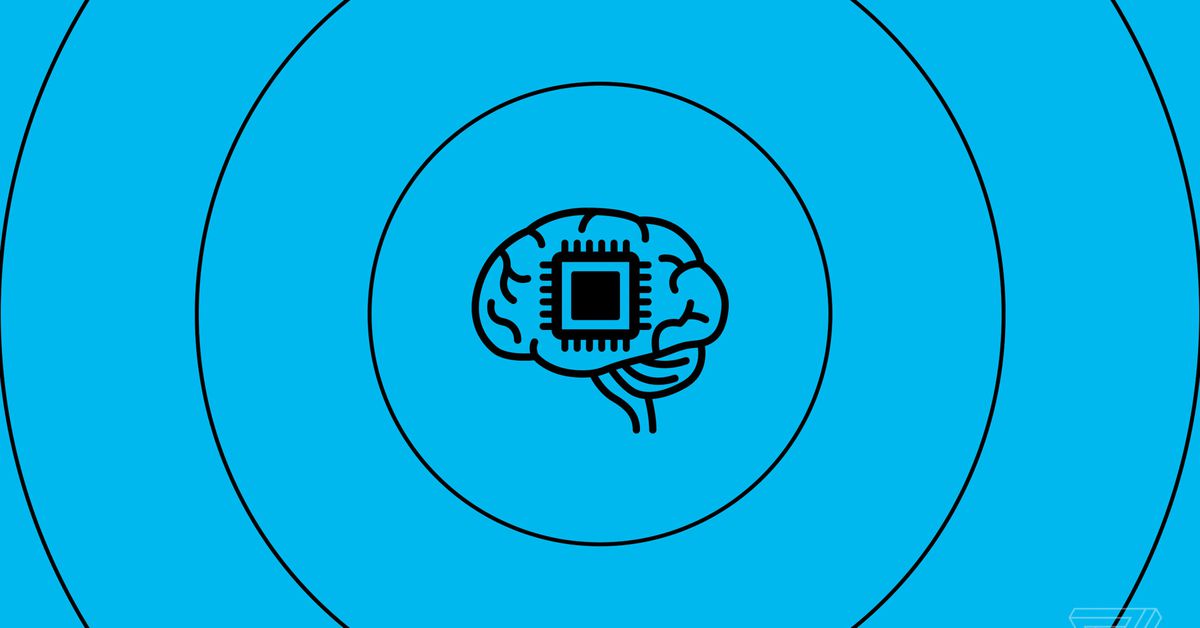- cross-posted to:
- [email protected]
- cross-posted to:
- [email protected]
AI-generated art cannot be copyrighted, rules a US Federal Judge::United States District Court Judge Beryl A. Howell found that AI-generated artwork can’t be copyrighted, putting to rest a lawsuit against the US Copyright Office over its refusal to copyright an AI-generated image.



The ruling says the AI itself can’t hold a copyright, but humans using them can still be copyright holders of any qualifying works.
So we’ll hear this case been wrongly cited forever. AI art is often human guided and sometimes involve editing and adjusting. Rarely ever I get something good the first prompt. But I bet people will say lol no copyright.
Eh I think it would have been worse if this guy won. To my knowledge he was trying to get the AI to be considered the author and then himself to be the owner of the copyright via the “work for hire” clause. As I understand it that would have been catastrophic. It would have likely meant that anything users prompt from these generators would automatically be the copyright of the people running the AI.
The process you describe could likely still be protected under this ruling since there’s human involvement in the selection of output to use and the altering of it afterward to fit whatever creative vision the person had. If this had won a person doing that it seems would at best be making a derivative work and still not be able to protect it.
If they had won then copyright trolls like prenda law would have flooded the internet with AI crap and sued everybody that ever make anything resembling any of their outputs, claiming copyright infringement.
This ruling strongly throttles the ability of copyright trolls to use ML that way because the defendant can much more easily argue they are producing far too many works (and with to many ML-ish obvious errors) to be human made, thus no copyright protection and then you don’t even have to prove you didn’t copy it anymore (but of course you should still try to argue both when you’re the defendant).
Sidenote - derivative works can be protected separately if the addition itself holds creative height. Your copyright only covers your own addition.
Yeah you’re right about the derivative works thing. I glossed over it mostly because that seemed pretty much useless to me in the realm of visual art. But I suppose there are a few scenarios where that ability to get protection is meaningful.
Either way, I can’t see a way that this would have been good for anyone if this guy got what he wanted.
Please correct me if I am misunderstanding something here, then: Doesn’t the ruling here state that the human using the AI tried to apply for a copyright listing himself as the copyright holder and the AI as the author that worked on a commission for him, which is what was denied? Or are you saying that the reason it was denied is because he listed the AI as the author?
Here’s the relevant part from a different article:
Got it, thanks!